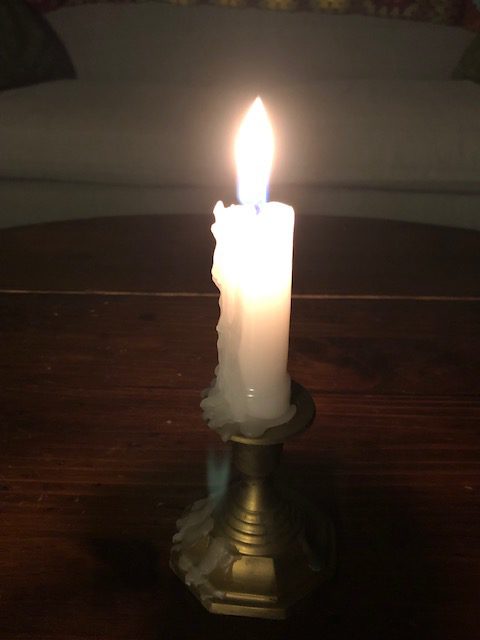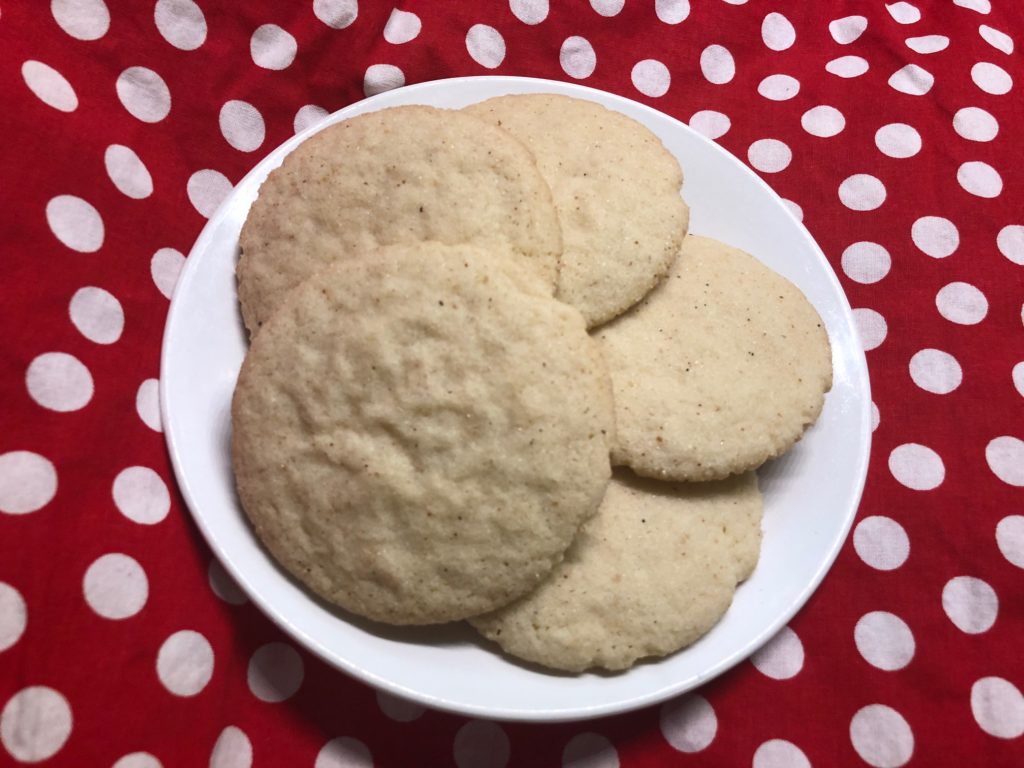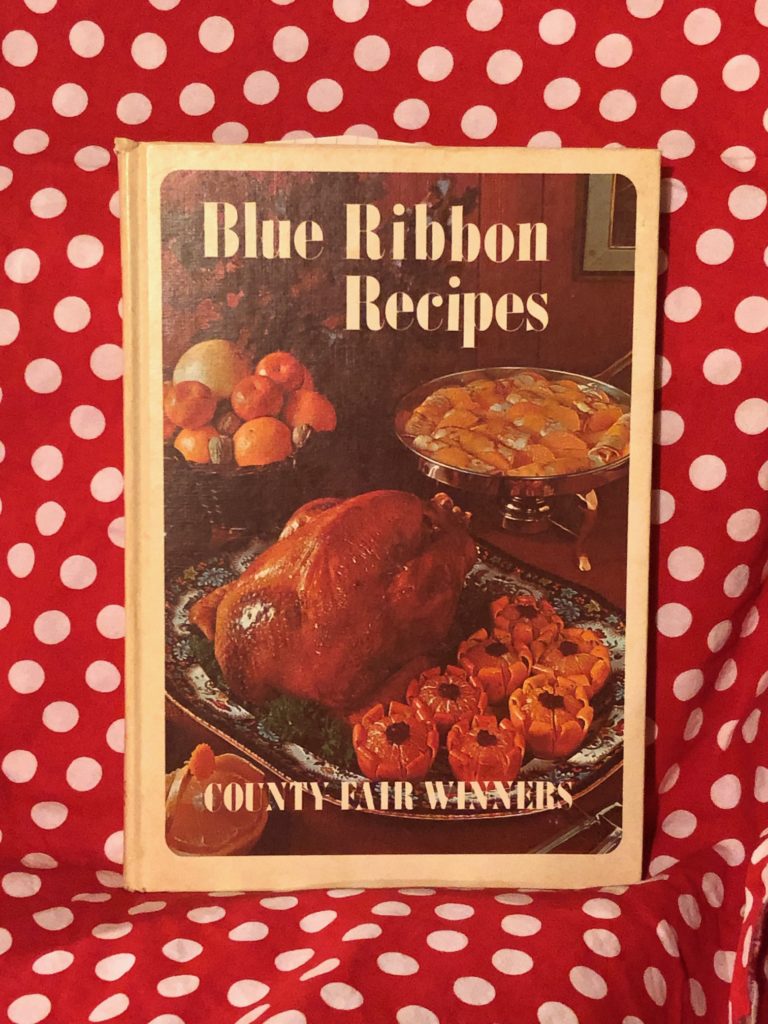
I’m not a fan of New Year’s resolutions. I think they are a lot of feel good hype for the most part. People make them for the wrong reasons and/or execute them incorrectly. While I am sure all those people start out with the best of intentions, you can’t ignore the fact that about 80% of them abandon their new year’s resolutions by February.
I’m all for becoming the best version of yourself. I think goal
setting can be an amazing tool. I have seen people transform themselves, their
lives, and their relationships. And, almost every time I’ve seen real
transformation, they didn’t wait until New Year’s Day to start. They started
the day they really decided to change. They started where they were, and with
what they had right there.
I’m not saying this to discourage you. If you want to make
real change in your life, I want you to succeed. I’m pointing this out because,
if you want to make real change, you need to get real about what that means.
New Year’s resolutions that fail are usually reactive and
therefore not well planned. The holidays can highlight issues we ignore the
rest of the year and, annoyed with ourselves, we make quick promises to do
better. It’s a good idea followed by a poor execution. Without a well thought
out strategy, meeting with some resistance will cause failure.
I’ve also seen resolutions collapse because the Why isn’t
big enough. You see photos from Thanksgiving and Christmas and decide you need
to get in better shape. The credit card bills come in and you think you need to
get out of debt. These are both worthy goals but why are you pursuing them?
Find the big why behind these desires. Don’t do it because you think you
should. Don’t do it because someone else thinks you should. Dig deeper and find
the reason that lights you up. Ask yourself why, and after each answer you come
up with ask yourself why again. Three or four whys will get you to an honest
answer from yourself. Is it a big enough why?
Humans are basically motivated by two things: seek pleasure
and avoid pain. Avoiding pain is the bigger, more powerful motivator of the
two. This is what is at work the morning you skip a workout because you’re sore
or the weather sucks, or you didn’t sleep well. You have a stressful day so you
dull that pain with shopping, smoking, eating or whatever. You slip into old
habits because it is less painful than pushing through your resistance.
To get past your resistance you need to have a plan to deal
with the part of you that is whiny. Give it some thought and you can see how
you might get in your own way. How will you outsmart yourself when this
happens? What can you do to head this off? Are there phrases you can say to
yourself to keep you on track? How can you make it easier to follow through
than to quit?
Couple these plans with a big enough reason why you are making
this change. Those two things work together to get you out of bed in the
morning and to the gym. Together they make resistance painful. It’s what is at
work when you forgo dessert, don’t light a cigarette, don’t buy the thing, or
whatever action you need to take to stay on track to your goal. Together they
are bigger than temptation. Together they help you find your discipline.
If you’re going to do this, do it well. Get clear about what
you actually want, why you want it, and what it is going to require from you. And
then go do it.






